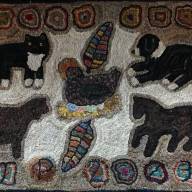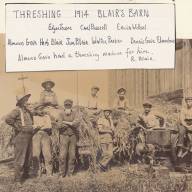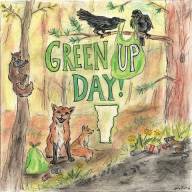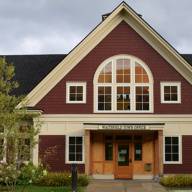The bears are out of their dens throughout most of Vermont and definitely the Mad River Valley. Last week, Vermont Fish and Wildlife biologist Jaclyn Comeau was featured in the first of a series of presentations put on by the Mad River Valley Bear Initiative.
Her presentation was informative and thought-provoking. It’s no secret that deep wood species in Vermont rely on wildlife corridors to travel from where they breed to where they eat. It was fascinating to hear Comeau detail how bears are considered an umbrella species for many animals in Vermont in terms of how they access the various types of habitats they need throughout the year.
In the spring they need young forests, open fields and ski slopes. That shifts to wetlands in the spring and summer and to mature forests in the fall so they can forage for the protein and fat-filled nuts they need to gain weight before hibernation.
And at any given point along the way, bears with their remarkable sense of smell (they live their lives through their noses, Comeau said) can smell your garbage, your chicken pen, your honeybees and definitely your birdfeeders.
Once bears, with their remarkable memories and problem-solving capabilities and intelligence, find easy sources of food in your yard or garage or compost bin, they are smart enough to return – even when their natural sources of food are available.
Comeau said that from 2016 to 2019 there were 750 human/bear conflicts reported. Ten years ago, she said, that number would have been 150 such conflicts. Because Vermont’s bear population is relatively stable, the increase in human/bear conflicts is not due to more bears. It’s due to more fragmentation of habitat including wildlife corridors for bears to travel. It’s due to increase high elevation development as well.
But a lot of it is due to human carelessness. We need to do our part to protect black bears by securing beehives, compost, chickens, garbage and cleaning the grills.
But the gateway drug, according to Comeau, is bird feeders and that’s where we can do the most to reduce bear/human conflicts and that’s how we can best ensure that bears don’t become reliant and habituated to being in our back yards.












